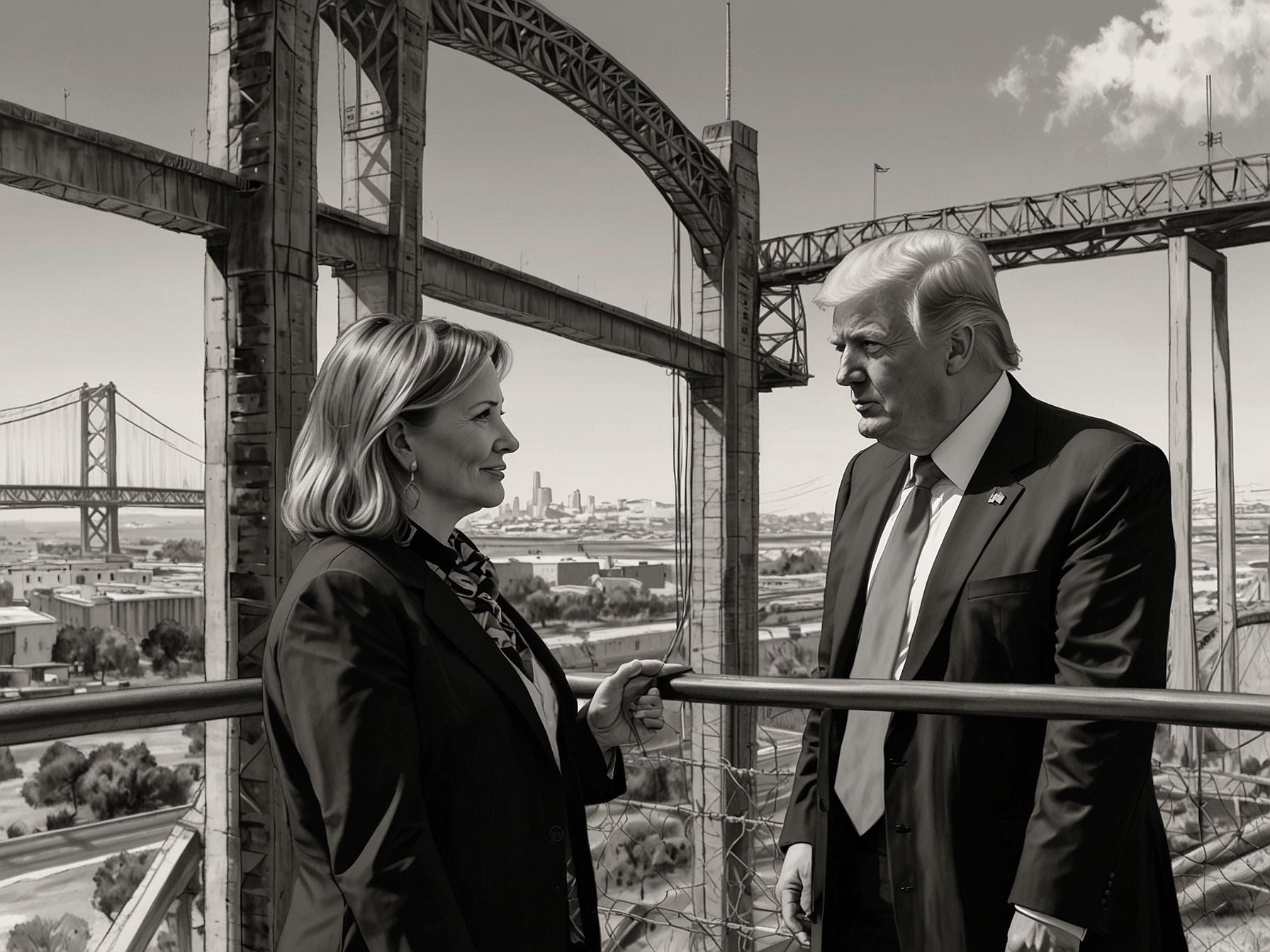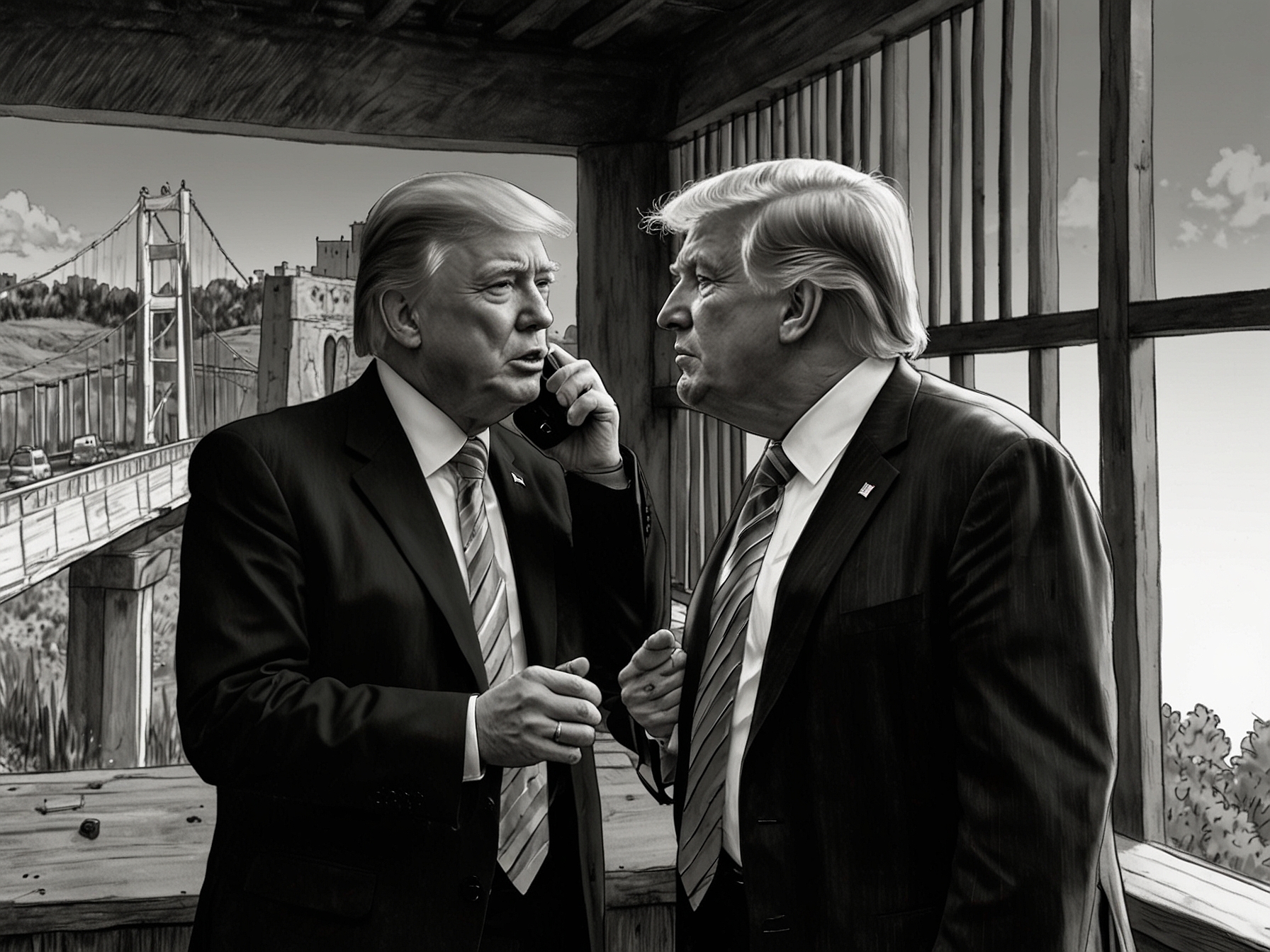Trump’s recent phone call with Mexican President Claudia Sheinbaum has become a hot topic. He claims that they reached an agreement to effectively close the Southern border. But things are not as clear-cut as he suggests. What did Sheinbaum really say during their conversation?

During his social media post, Trump touted a ‘wonderful’ and ‘productive’ chat on immigration and the drug crisis. He presented Sheinbaum as being on board with stopping migration through Mexico. Yet, the Mexican president took a different route. She firmly stated that Mexico’s goal is to build bridges instead of borders. Is that a direct contradiction?
President Sheinbaum, in her response, emphasized cooperation rather than closure. She took to X, previously known as Twitter, to express her intent. “Our stance is about connection,” she said. It’s hard to miss the contrast between how Trump sees the conversation and how Sheinbaum views it. What does this mean for U.S.-Mexico relations moving forward?

In light of Trump’s threats about imposing a hefty 25% tariff on goods from Mexico, the stakes are incredibly high. Such tariffs could severely impact trade. Yet, Sheinbaum clarified that this topic didn’t even come up in their discussion. Was Trump more focused on the immigration issue without recognizing its economic implications?
Despite the differences in interpretation, both leaders agreed to keep the conversation going. Sheinbaum maintained that the call was positive. It’s interesting to think how perceptions of success differ between them. Should we expect clashes in future negotiations? Time will tell.

So, where do we go from here? Will these differing interpretations create friction? Or could they lead to a constructive dialogue? The way both leaders approach this immigration and tariff situation could shape U.S.-Mexico relations for years to come. Are we on the brink of a new chapter, or are old tensions simply resurfacing?
In the end, the complexity of international relations highlights the importance of clear communication. Each side must truly understand the other’s objectives. Only then can genuine progress be made to tackle complex issues like immigration.




